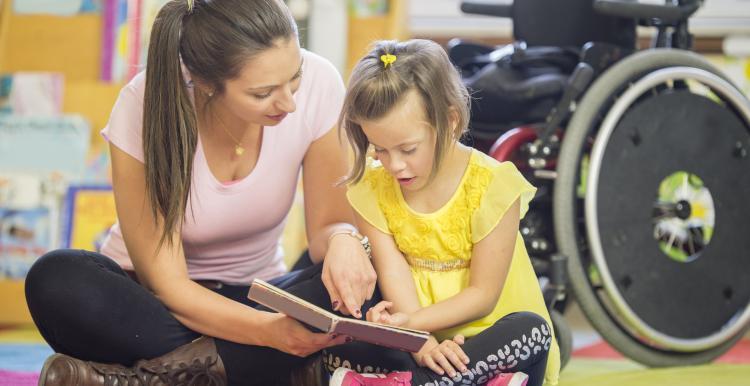COVID-19 guide for carers and family supporting adults and children with learning disabilities or autistic adults and children

Its aim is to assist carers to carry on giving good, safe support to their family members during the pandemic. The guide focuses on families who are living with an autistic person or a person with learning disabilities; if your family member lives away from the family home, you may also wish to look at our guide for care staff.
People with learning disabilities and autistic people enjoy the same human rights as the rest of the population. Families play an important role in promoting and upholding these rights, so that autistic people and people with learning disabilities can enjoy lives that are rich, fulfilling and fully included in society. While there may be some changes to the Care Act locally and to children’s legislation, local authorities are still expected to take all reasonable steps to continue to meet people’s eligible care and support needs, and the support needs of carers. Social care is underpinned by human rights, and this has not changed. During the COVID-19 pandemic, however, everyone’s lives are being limited, and everyone is having to make changes to the way we live together and in communities, to combat the virus.
This public health crisis is having an acute impact on those with care and support needs, carers and staff. The care and help available may be limited compared with usual provision, because more people are needing assistance, and staff may be ill or self-isolating. Autistic people and people with learning disabilities are likely to be worried about their own health, and that of their loved ones, while also having routines interrupted, and access to friends or colleagues halted. Those providing support to them will be concerned about their own and their family’s health too, and may be facing knock-on effects of the pandemic such as lost income or jobs. Family members may be spending more time in the immediate company of the person with learning disabilities or the autistic person than they have done for some time.


